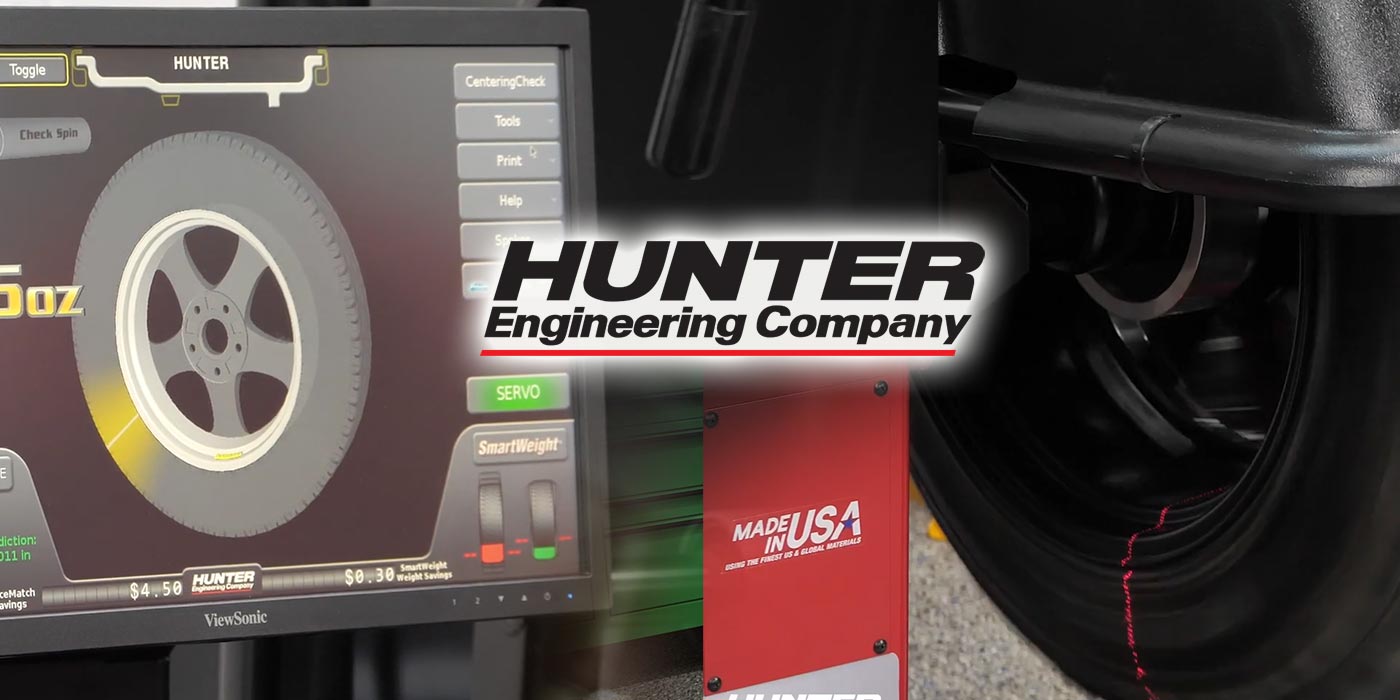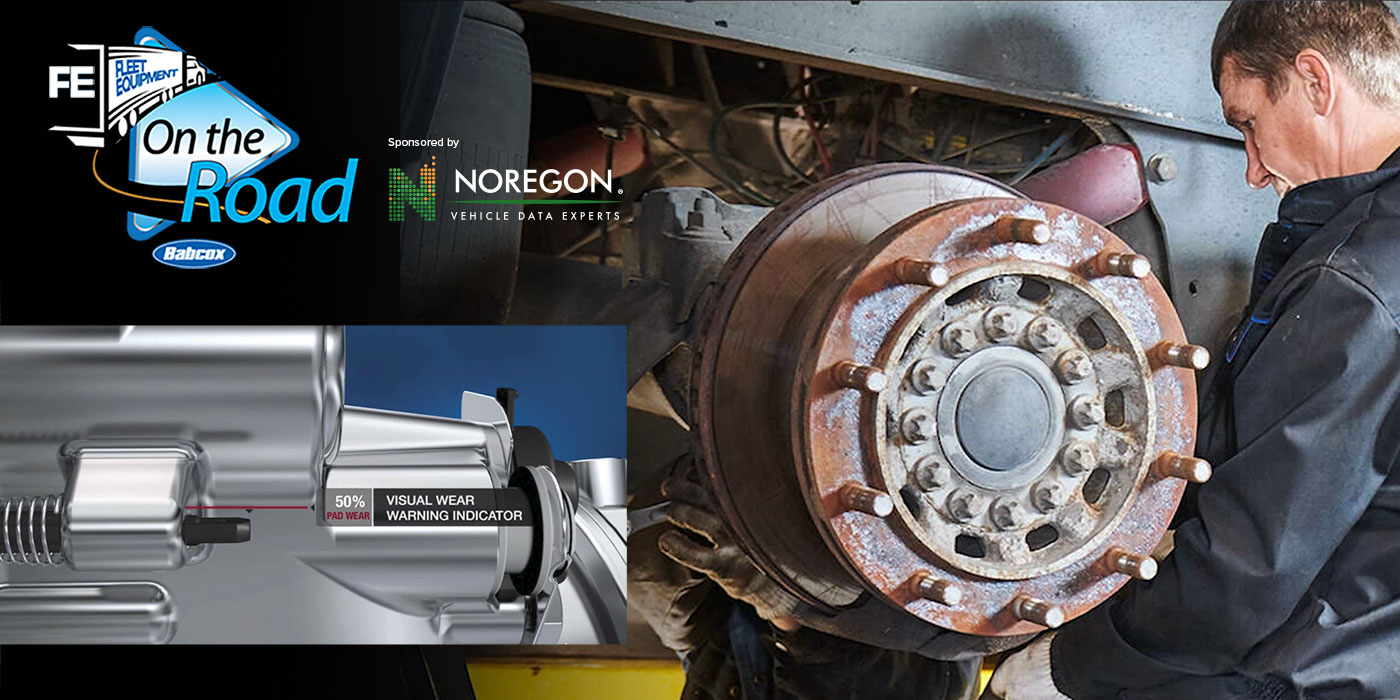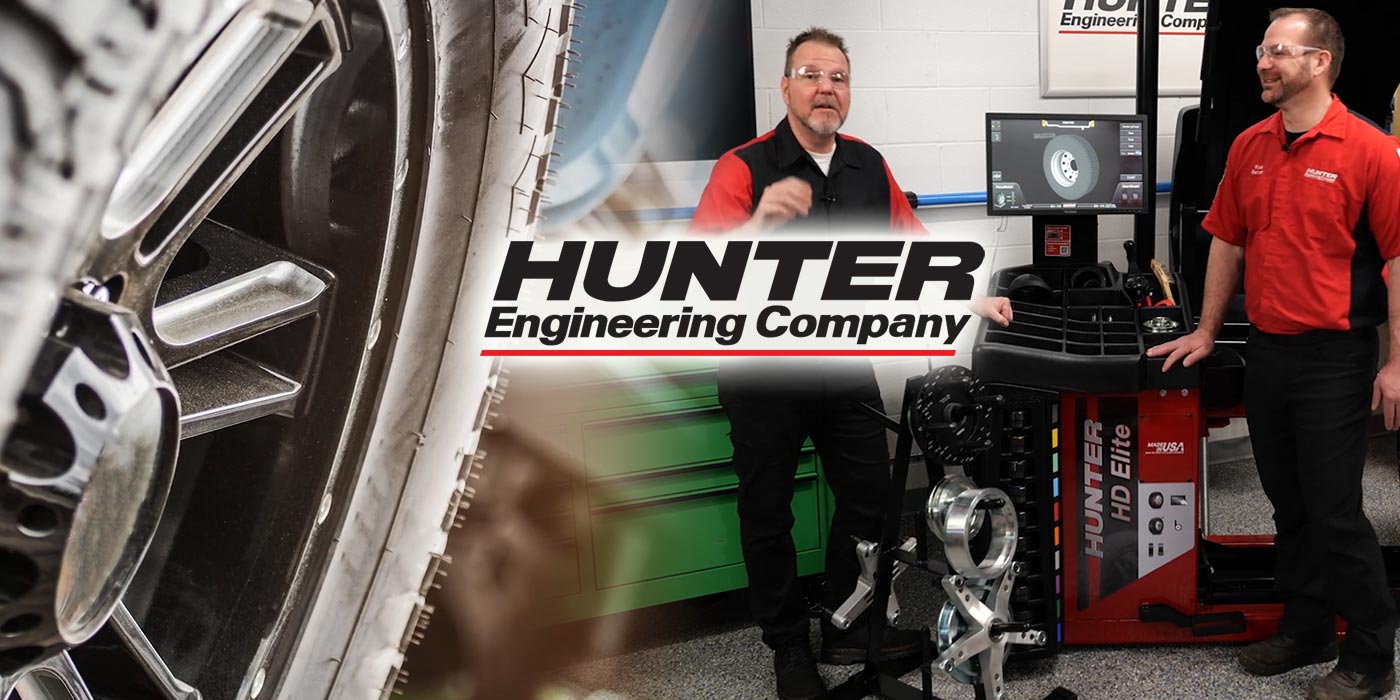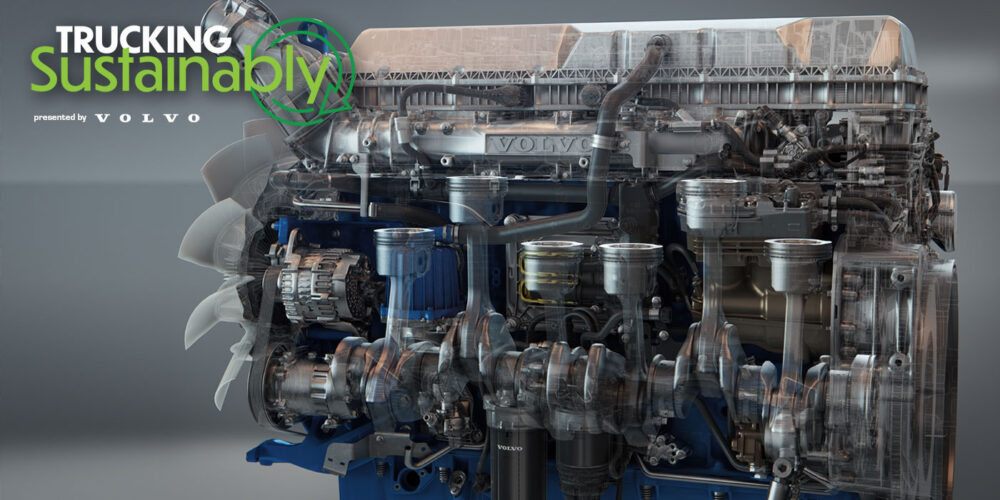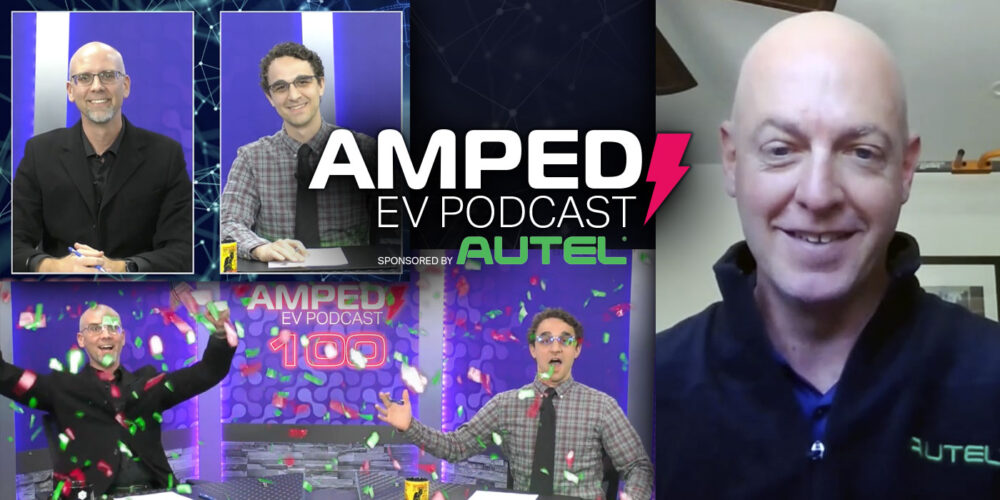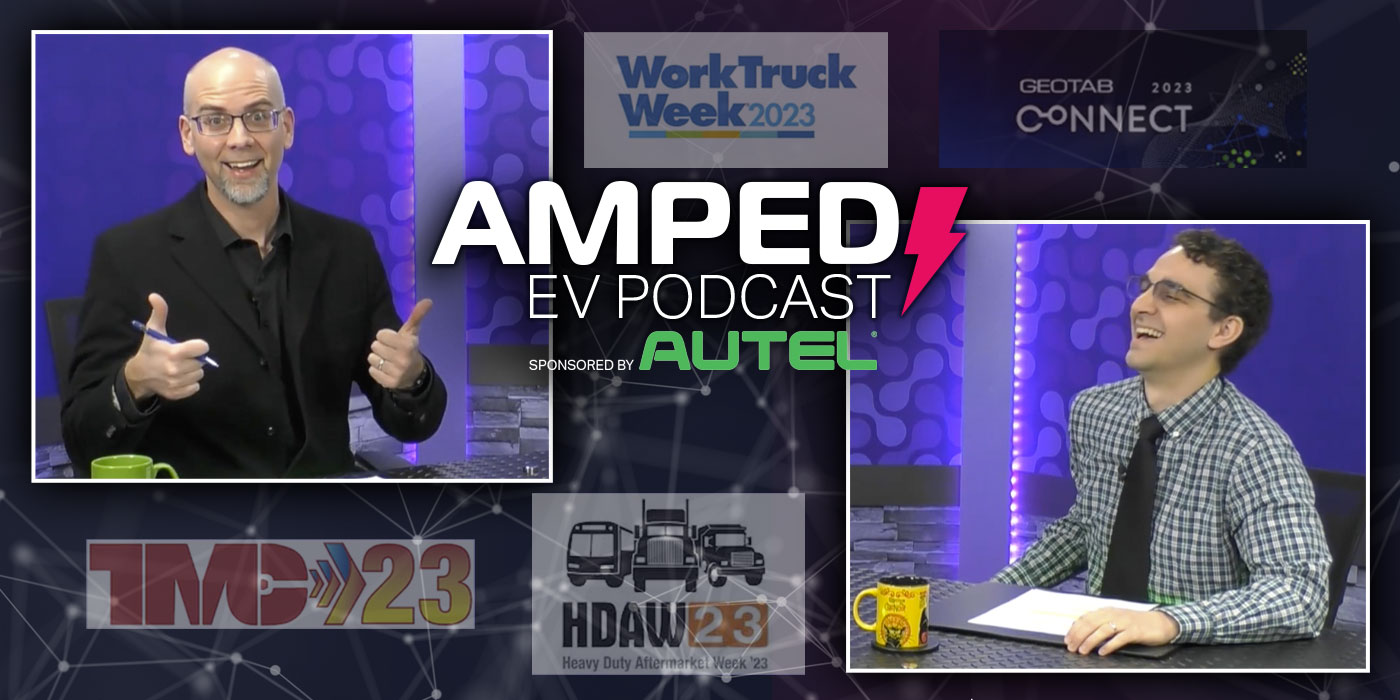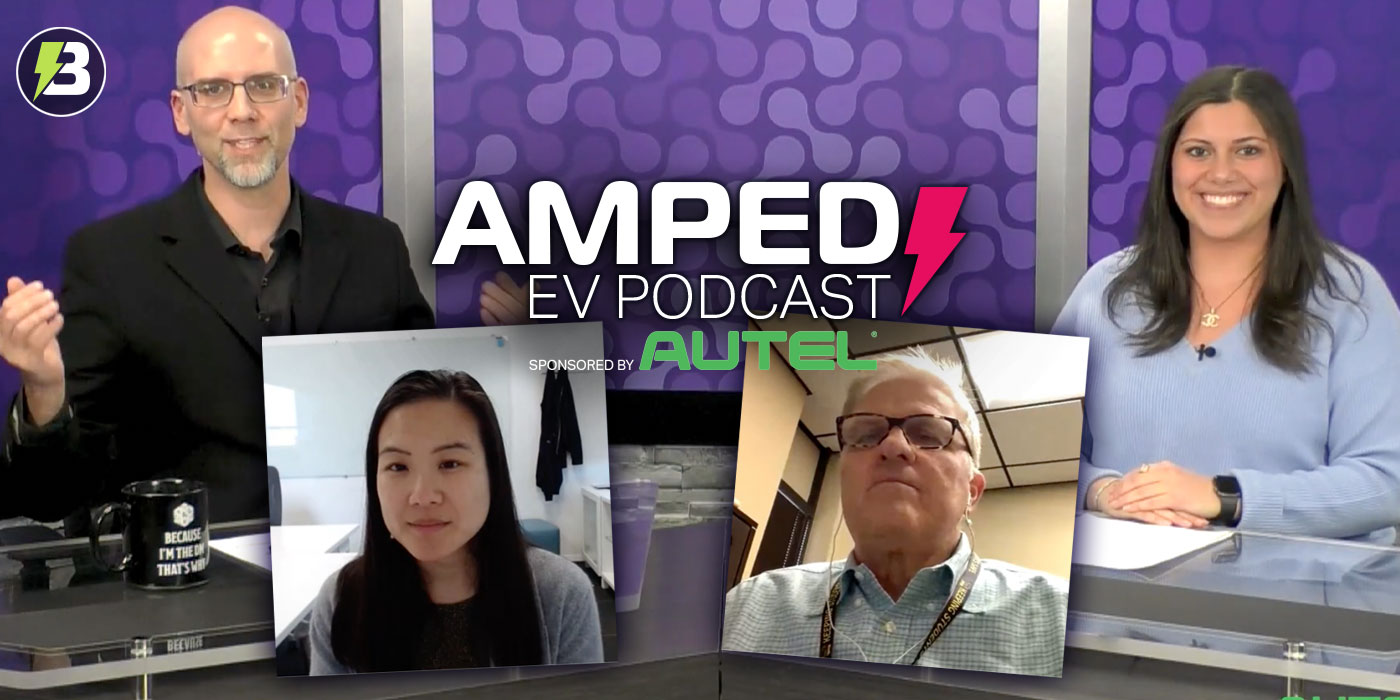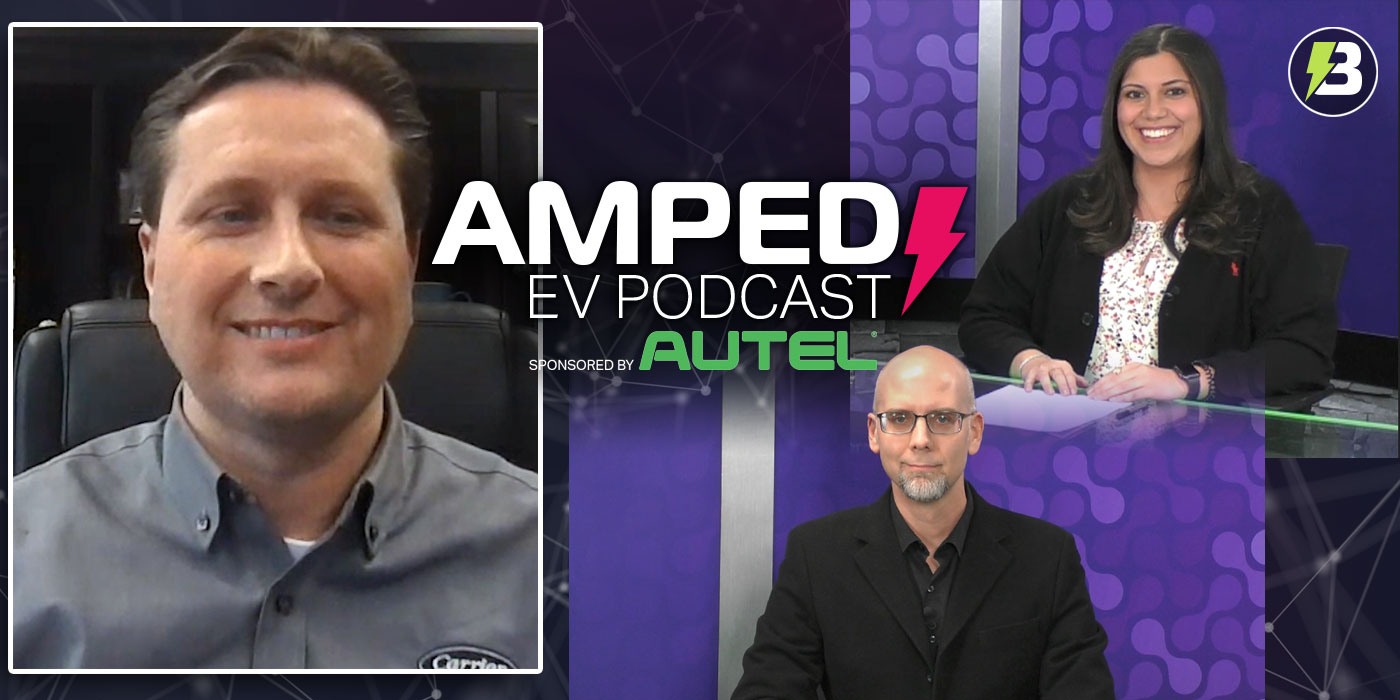Given the range limitations, commercial EVs are primed for last-mile deliveries, and the headlines surrounding that application have been numerous:
• Customers across the U.S. will begin to see custom electric delivery vehicles from Rivian delivering their Amazon packages, with the electric vehicles hitting the road in Baltimore, Chicago, Dallas, Kansas City, Nashville, Phoenix, San Diego, Seattle, and St. Louis, among other cities.
• FedEx Corp. has received its first 150 electric delivery vehicles from BrightDrop, the startup from General Motors.
• Walmart says it has signed a definitive agreement with Canoo to purchase 4,500 all-electric delivery vehicles, beginning with the Lifestyle Delivery Vehicle (LDV), with the option to purchase up to 10,000 units.
• The North American Council for Freight Efficiency (NACFE) released the fourth and final market segment report that noted that 100% of medium-duty box trucks will embrace electrification although some applications within the duty cycle will be easier to electrify than others that have more complex operations.
Clearly, there’s a lot to talk about. So David Sickels, editor of our sister publication The Buzz, and I sat down to talk about what it all means, where EVs are going and what commercial applications they’re primed to serve. Watch the video above for all of our antics.
Amped for more?
Catch up on a few of our most recent Amped episodes:

